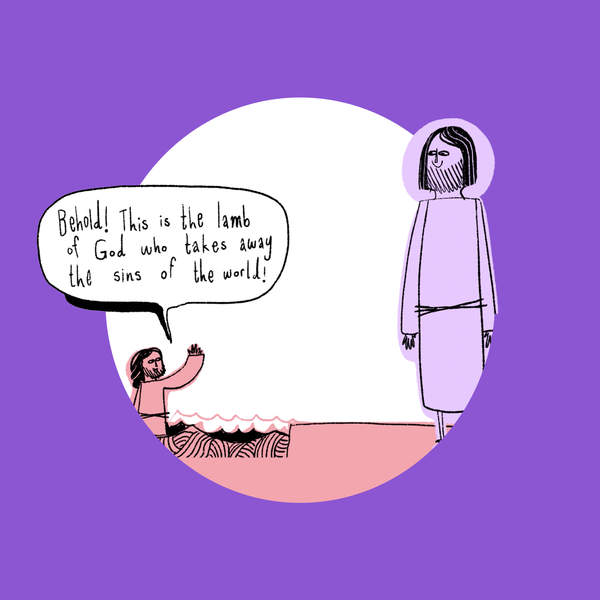
Jesus, the Ultimate Heaven and Earth Meeting Place
How Jesus followers saw themselves as a manifestation of God's presence on earth. How to seek God's Kingdom here on earth. And what happens when I die?
Episode Chapters
Show Notes
In this episode, the guys wrap up their discussion on heaven and earth. The guys will solidify the idea that Jesus is the meeting place of heaven and earth. He is God’s temple presence on earth, and his resurrection is the first part of God’s plan for a new creation. Not only do the New Testament authors draw on temple imagery to talk about Jesus, but they also use it in reference to people and communities of believers. What does this mean for followers of Jesus? And finally, what happens to us after we die?
In the first part of the episode (03:06-15:28), the guys look at the story of Pentecost and the start of the Jesus movement. Because of the events in the book of Acts, we know that God’s presence exists in followers of Jesus. We’re not just humans; we’re like little mobile units of God’s presence.
In the second part of the episode (15:50-27:52), Tim and Jon talk about the implications of Christians having the presence of God within them. God’s presence in us means that we are able to see glimpses of his Kingdom now while holding out hope for the fullness of his Kingdom that is coming. This is what the now-and-not-yet Kingdom of God is all about.
In the last part of the episode (28:26-41:57), the guys try to shed light on the question of life after death. Though we’re given few specifics about the afterlife in the Bible, we know that both Jesus and the New Testament authors fully believed that some part of us would be in the presence of God awaiting the new creation after we die.
Video:
This episode is designed to accompany our video called, “Heaven & Earth.” You can view it on our youtube channel here: https://www.youtube.com/watch?v=Zy2AQlK6C5k
Scripture References:
Acts 2,
Colossians 1,
1 Corinthians 6,
1 Corinthians 11,
Luke 23,
Philippians 1,
2 Corinthians 5,
Revelation 6
Scripture References
Referenced Resources
Interested in learning more? Check out Tim's extensive collection of recommended books here.
Get the BibleProject app for access to our entire library of resources in one place.
